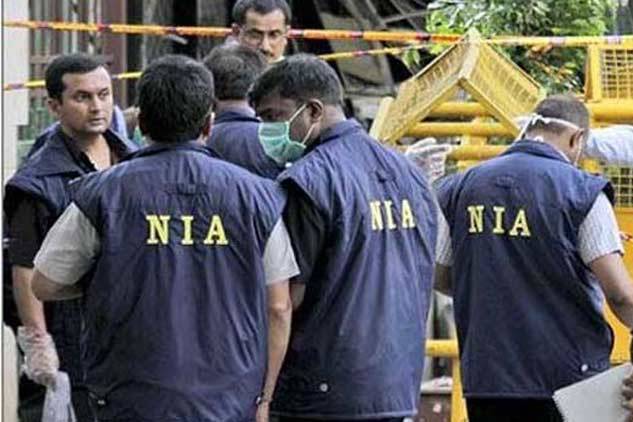A team of India’s National Investigation Agency (NIA) sleuths headed by director general YC Modi has probed links between Islamic State’s Kerala module and Lankan terrorist or their handlers
The Indian Home Ministry has given the go-ahead to the NIA to join the probe into the attacks, Indian news agencies reported.
This follows Sri Lanka’s assent to share the details of the NIA investigations, officials aware of the development have said.
A top official said that investigations have thrown some common linkages between the handlers of Sri Lankan bombers and self-radicalised modules in south India.
The federal agency had arrested a suspect from Kerala, identified as Riyas A. alias Riyas Aboobacker (29), who has allegedly admitted that he was following the Lankan bombers’ alleged ringleader Zahran Hashim and had plans to carry out a suicide attack in Kerala.
Aboobacker also told agencies that Hashim had radicalised several Indian youths in different parts of South India.
In a latest move aimed to crackdown on IS terror unit ,the NIA of India raided seven locations in Tamil Nadu’s Coimbatore on Wednesday over a suspected link between an Islamic State (IS) module in the city and the Easter Sunday bombings in Sri Lanka that killed over 250 people, India Today reported.
The NIA said that the officials are investigating the social media connections of these places with the Sri Lanka blasts on April 21.
A team of NIA officials from Cochin reached the spots along with officials from Coimbatore.
All electronic equipment, computers, and mobile phones of the eight members are being looked into by the NIA.
NIA sources alleged that these people were following the banning of the National Thowheeth Jama’ath on Facebook, which was involved in the bomb blasts.
The Easter bombings, which killed more 250 people, were carried out by nine suicide bombers including Hashim. Global terrorist outfit Islamic State later claimed responsibility for the attack.
NIA insiders said India will share with Sri Lanka details of probe findings, including electronic evidence collected while analysing laptops and pen drives seized during the investigations into 2019 Kerala module and 2018 Coimbatore modules of Islamic State.
(LI)

